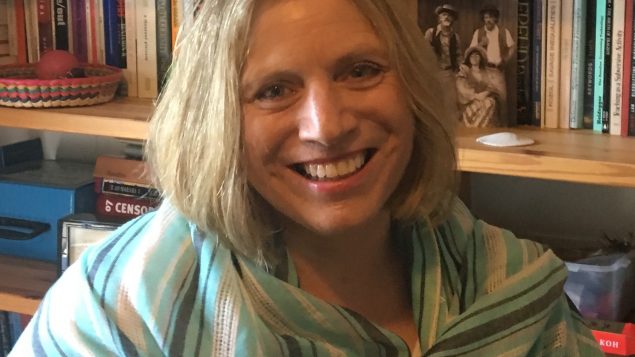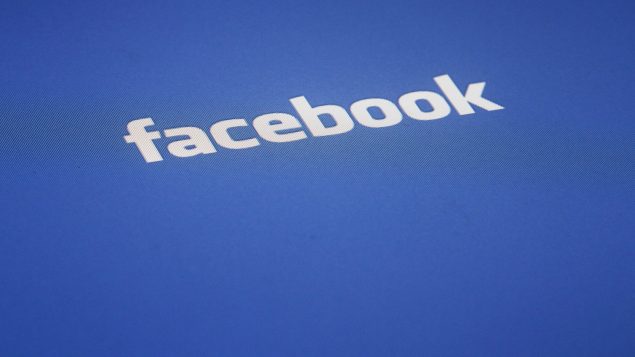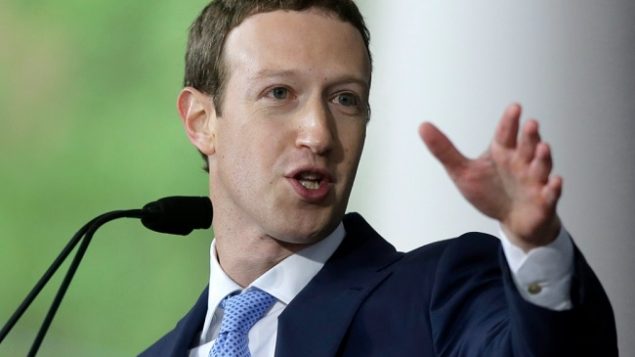The news that data gleaned from millions of Facebook users was manipulated to sway the U.S. election signals the beginning of the age of information warfare, says Megan Boler, a professor of Social Justice Education at the University of Toronto. And she says users should take action to stop the trend and to protect their data.
“Information is being weaponized,” says Boler. “There is very much concern and evidence that the 50 million profiles that Cambridge Analytica obtained through taking Facebook data was then used to sway the election in the United States and to target individual voters and thereby change the entire political landscape of the United States.
“Did we sign up on Facebook thinking that our information was going to be used to change political elections? I don’t think so.”

- “Information is being weaponized,” says Prof. Megan Boler.
Professor is not reassured
Boler is not reassured by the apology of Facebook Mark Zuckerberg saying he knew about the “breach of trust” by Cambridge Analytica two years ago but he did not inform users or take the steps needed to protect the data.
She says users need to think carefully about how they use social media, pointing out that Facebook also owns WhatsApp and Instagram. Some people may choose to shut down their Facebook accounts entirely. Boler notes that it is possible to archive all the photos and posts on individuals’ accounts before deleting them. Facebook provides a 90 day grace period when people can change their minds.

Users may choose to delete Facebook entirely or change their setting to try to better protect their data. (James H. Collins/The Canadian Press/file photo)
Other social networks exist that don’t sell data
“Information is being weaponized,” says Boler. “There is very much concern and evidence that the 50 million profiles that Cambridge Analytica obtained through taking Facebook data was then used to sway the election in the United States and to target individual voters and thereby change the entire political landscape of the United States.
“Did we sign up on Facebook thinking that our information was going to be used to change political elections? I don’t think so.”
Boler is not reassured by the apology of Facebook Mark Zuckerberg saying he knew about the “breach of trust” by Cambridge Analytica two years ago but he did not inform users or take the steps needed to protect the data.
She says users need to think carefully about how they use social media, pointing out that Facebook also owns WhatsApp and Instagram. Some people may choose to shut down their Facebook accounts entirely. Boler notes that it is possible to archive all the photos and posts on individuals’ accounts before deleting them. Facebook provides a 90 day grace period when people can change their minds.
Other social networks exist that don’t sell data
She also notes there are other social media platforms that do not sell or distribute data. She herself plans to change to the Diaspora social network and to urge friends and family to do the same. “If Facebook is the only way we are connected to these important people in our lives maybe there needs to be a return to telephone or other ways of connecting,” says Boler.

If you don’t want to leave Facebook and want to protect your data, then beef up privacy settings and break links with apps and games, suggests professor.
Break the links, suggests professor
For those who want to stay on Facebook, Boler suggest people go into their settings and turn off the links to apps and games so that third parties don’t have access to their personal data.
Beyond that, Boler thinks governments should get involved perhaps by setting up a kind of digital protection agency that would act in a similar way to the Canadian Radio-television and Telecommunications Commission which regulates broadcasting and telecommunications. This is one idea of many that Boler thinks must be discussed with some urgency.
‘Disturbing…Money driving politics’
“We are seeing very disturbing examples of money driving politics today. Whether we can have faith in governments being able to oversee this…I think this is a turning point and we can send a really loud message to Facebook right now by deleting or suspending our accounts, by demanding accountability from Facebook and thinking about what kind of regulation we want.”







For reasons beyond our control, and for an undetermined period of time, our comment section is now closed. However, our social networks remain open to your contributions.